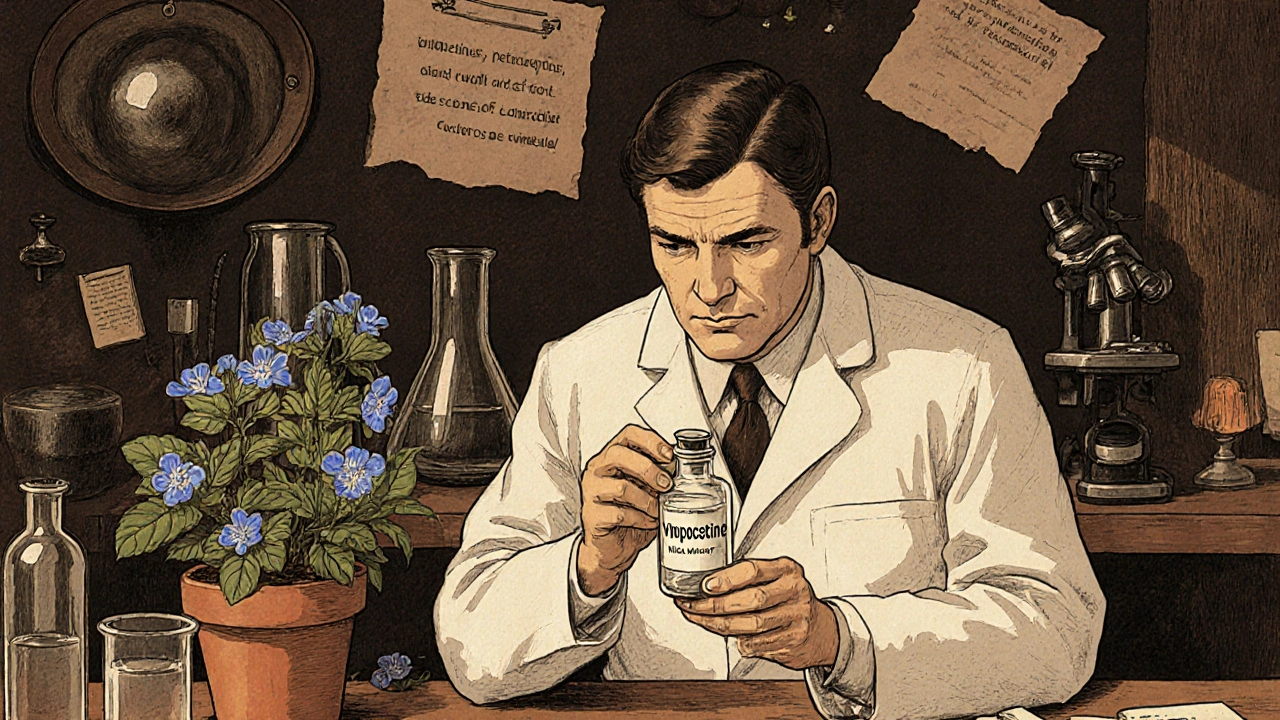Oxidative Stress: Understanding Its Impact on Health
When dealing with oxidative stress, an imbalance between reactive oxygen species and the body’s ability to detoxify them. Also called ROS overload, it drives cellular damage and underpins many chronic conditions. Oxidative stress encompasses the clash of free radicals, highly reactive molecules that snap electrons from nearby cells with the body’s antioxidant defensesmolecules that neutralize free radicals and repair damage. The process also fuels inflammation, the immune response that can become chronic when oxidative stress persists, creating a feedback loop that harms DNA, proteins, and membranes. In short, oxidative stress requires a balance of reactive species and protective agents to keep cells functioning.
How It Affects Your Body and What You Can Do About It
Free radicals attack cell walls, leading to cellular damage, disruption of membranes, DNA mutations, and loss of protein function. When the antioxidant system can’t keep up, inflammation spikes, and you see the first signs: fatigue, joint pain, or skin aging. Studies show that a diet rich in vitamins C and E, flavonoids, and polyphenols boosts antioxidant capacity, effectively lowering oxidative load. Regular exercise also triggers the body’s own antioxidant enzymes, turning a short‑term stress into long‑term resilience. Conversely, smoking, excess alcohol, and processed foods dump more free radicals into the system, pushing the balance toward damage.
Understanding oxidative stress helps you spot the links between seemingly unrelated issues. For example, a recent TIA can raise dementia risk partly because the brain’s oxidative environment worsens after a brief stroke. ADHD in gifted children may involve oxidative pathways that affect neurotransmitter balance. Even common meds like budesonide/formoterol interact with alcohol, altering oxidative stress levels in the lungs. Below you’ll find a curated set of articles that dive deeper into these connections, offering practical tips, safety advice, and the latest research to keep your body’s chemistry in check.

